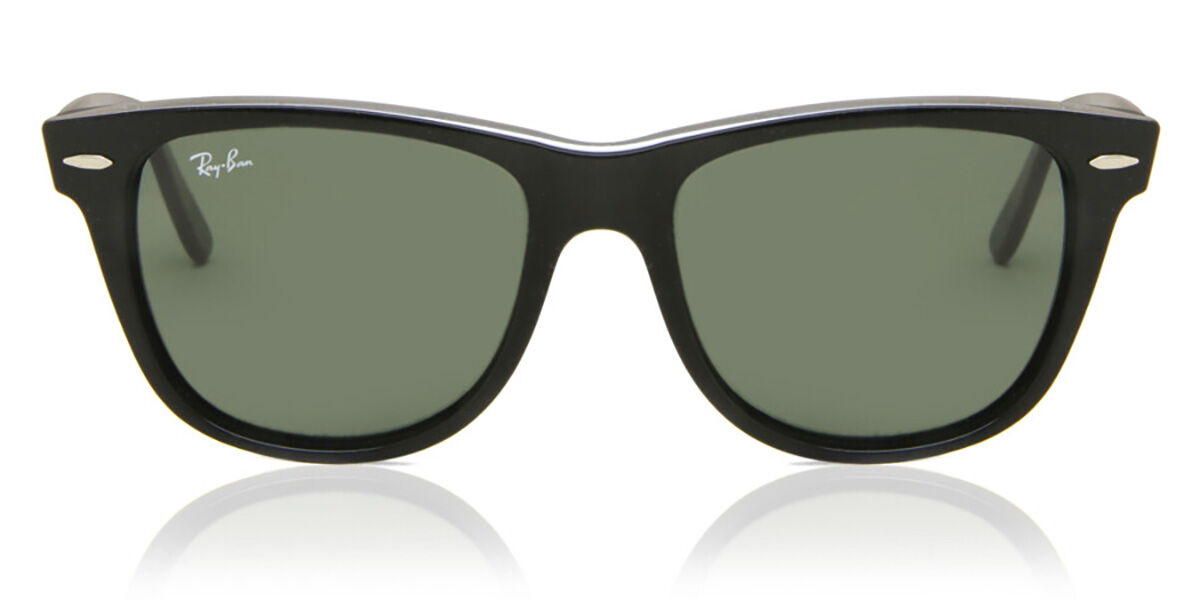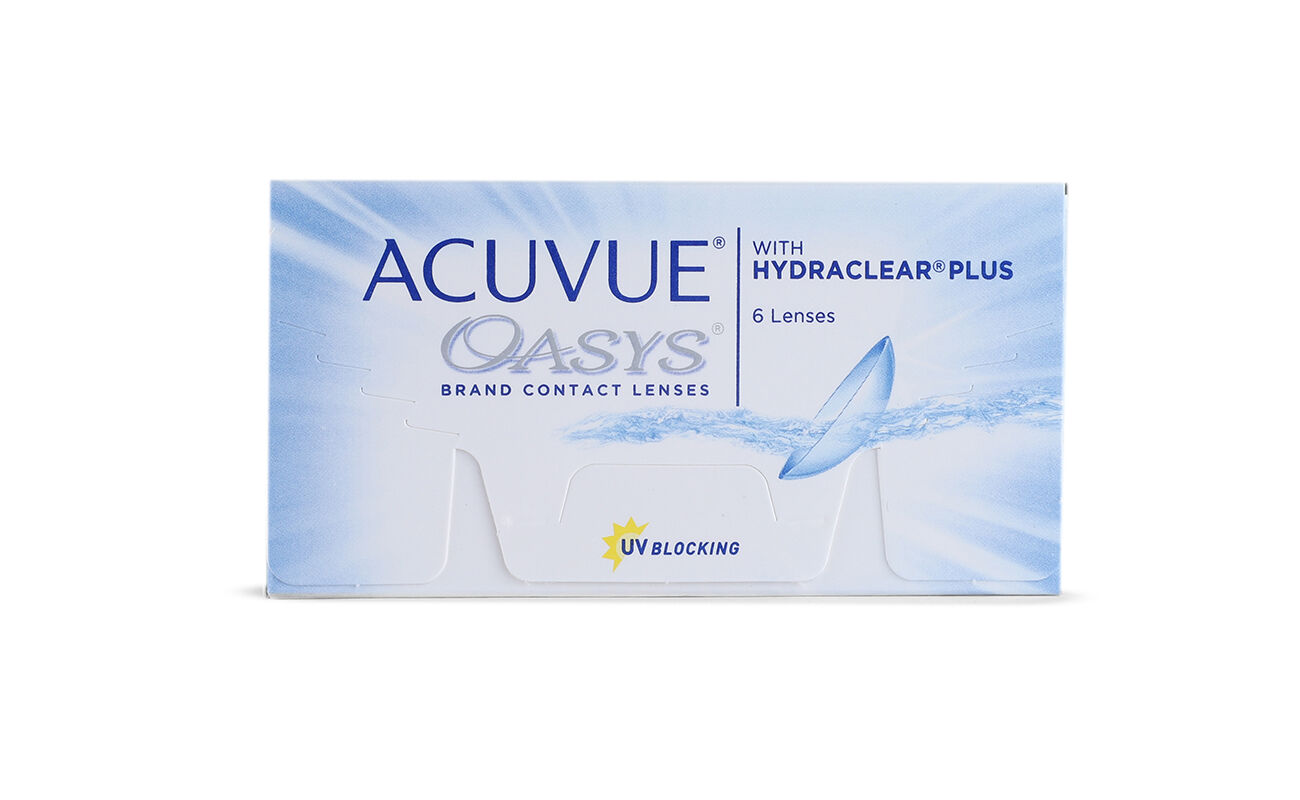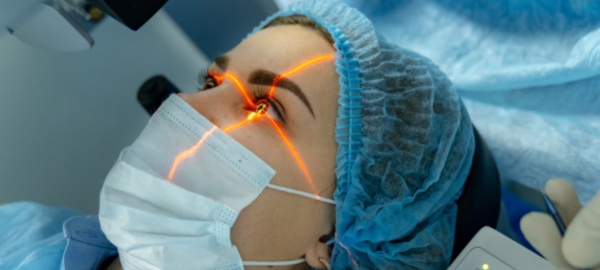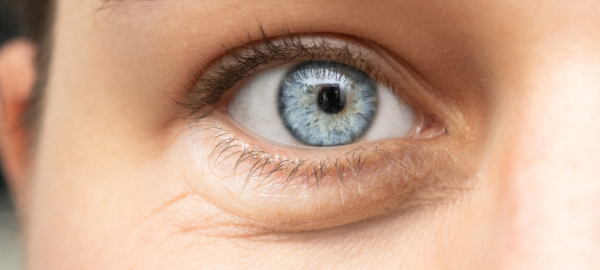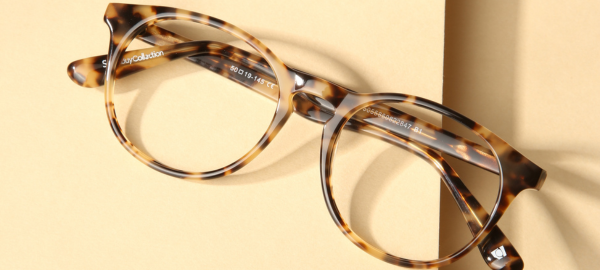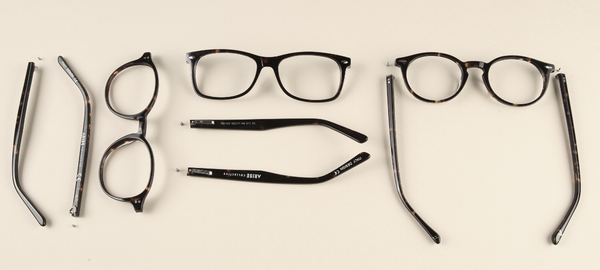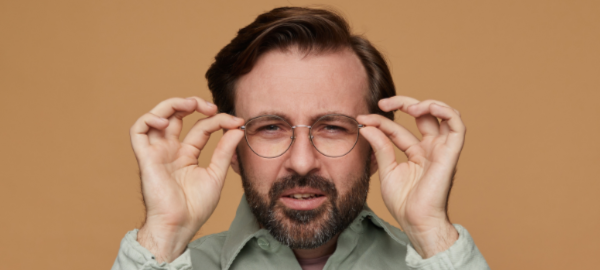Home
⁄
Home
⁄
Polarised lenses
By Isabella Sara Novack
Reviewed by
Maria Horan FBDO

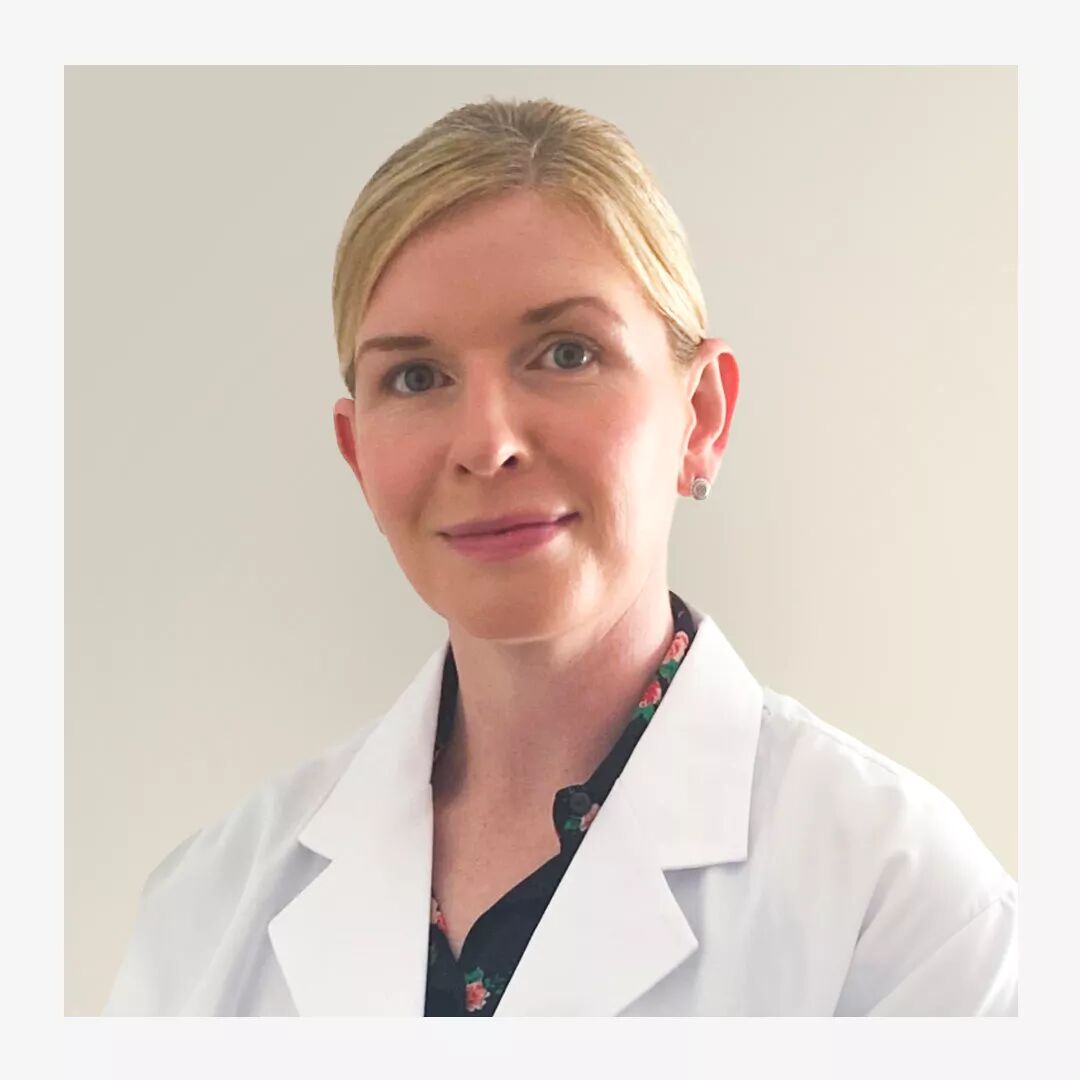
Reviewed by
Maria Horan FBDOMaria holds a BSc Honours in Ophthalmic Dispensing and has over 17 years of optical experience.
Updated On Mar 18, 2025
Polarised lenses - Sunglass lenses that filter out horizontal light waves, reducing glare from reflective surfaces like water, snow and roads. Polarised lenses improve visual comfort, reduce eye strain and enhance contrast, making them ideal for outdoor activities such as driving, fishing and skiing.
Related articles

Transitions® GEN S™ Lenses
Find out how the new Transitions® GEN S™ lenses improve vision quality and make everyday life more simple.
View more

A Guide to Our Lens Add-Ons
Lens add-ons tailor your glasses to your specific needs. Learn which ones we offer and why to choose them.
View more





































